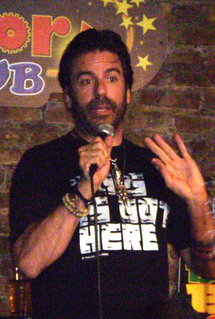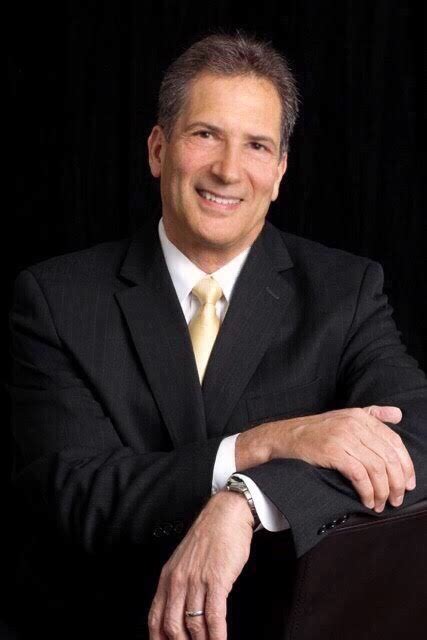A Quote by Sam Keen
The root of humanly caused evil is not man's animal nature, not territorial aggression, or innate selfishness, but our need to gain self-esteem, deny our mortality, and achieve a heroic self-image. Our desire for the best is the cause of the worst.
Related Quotes
Stressing the practice of living purposefully as essential to fully realized self-esteem is not equivalent to measuring an individual's worth by his or her external achievements. We admire achievements-in ourselves and others-and it is natural and appropriate for us to do so. But that is not the same thing as saying that our achievements are the measure or grounds of our self-esteem. The root of our self-esteem is not our achievements but those internally generated practices that, among other things, make it possible for us to achieve.
To lack confidence is to have feelings of low self-worth. We are preoccupied with our weaknesses, and we lack faith in the Lord's ability to use those weaknesses for our good. We do not understand our inestimable worth in the eyes of God, nor do we appreciate our divine potential. Ironically, both pride and a lack of self-confidence cause us to focus excessively on ourselves and to deny the power of God in our lives.
Man is an evasive beast, given to cultivating strange notions about himself. He is humiliated by his simian ancestry, and tries to deny his animal nature, to persuade himself that he is not limited by its weaknesses nor concerned in its fate. And this impulse may be harmless, when it is genuine. But what are we to say when we see the formulas of heroic self-deception made use of by unheroic self-indulgence?


































